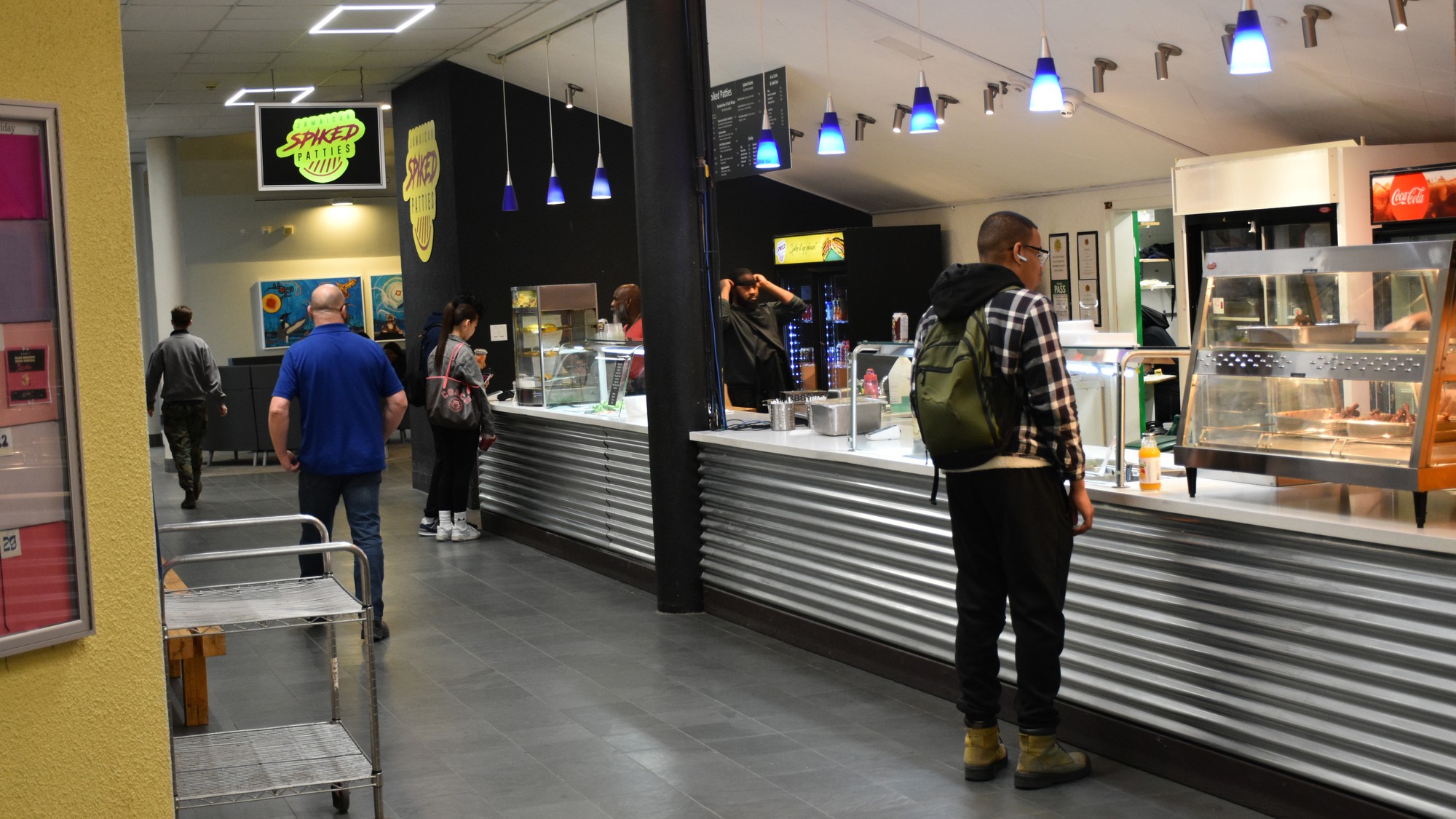The final weeks of the Winter 2024 college semester are wrapping up at North campus and students are feeling the crunch as exams are right around the corner.
However, some will be at a disadvantage during this time as they face food insecurity. A 2023 study by three University of Toronto researchers found 15 per cent of full-time students and 16 per cent of part-time students are food insecure.
However, some scholars use a different study from 2016 shows as many as 39 per cent are food insecure.
Lahela Peca, a Humber student studying Early Childhood Education, understands the importance of a healthy diet and education. However, Peca herself is food insecure and can’t afford three square meals a day while staying in dorms.
“I usually don’t eat breakfast,” she said. “I only get two meals a day.”
Peca usually goes for cheaper food options on a limited budget which is affecting her energy and academic ability.
“I’m probably not getting enough nutrition so sleeping is harder,” she said.
Elaine Power, a professor of Kinesiology and Health Studies at Queen’s University in Kingston, has spent her career studying issues related to poverty, class, food and health.
Power recently published a paper about food insecurity on Queen’s campus.
“If you’re skipping meals because you don’t have money that’s considered severe food insecurity,” she said.
Power said food insecurity doesn’t only harm one’s academic life but also their social life as food insecurity has a high association with depression.
“When you’re a young person and you’re at a post-secondary school, socializing is a big part of that experience, some people talked about going out to lunch with friends and only having a glass of water,” she said.
Power has some academic critiques about the 39 per cent number given for students with food insecurity.
“The gold standard for food insecurity is meant for households, not individuals and it’s not very geared for students,” she said. “One of the problems with the surveys is that they rely on a convenience sample instead of a random sample. You’re getting people responded who are interested or concerned.
“I don’t have a lot of confidence in those numbers but even if it was half as common that’s still a lot of people,” Power said.
Nevertheless, her research has found alarming things about what happens to these students.
“Students who are food insecure take longer to finish, generally have poorer grades and drop out at a higher rate,” she said.
Power advocates for a basic income that would make life more affordable for students.
Mike Allen, a sports management student at Humber College, is staying in Humber’s dorms. He isn’t sure if food insecurity affected his grades.
“I’m not noticing it, but I wouldn’t be surprised if there was a correlation,” Allen said.
He is sure, however, of what is causing him to occasionally miss meals and eat lower-quality food.
“If I wasn’t forced to buy a meal plan, I feel like the money used on the plan could be stretched out to last the year,” Allen said.

